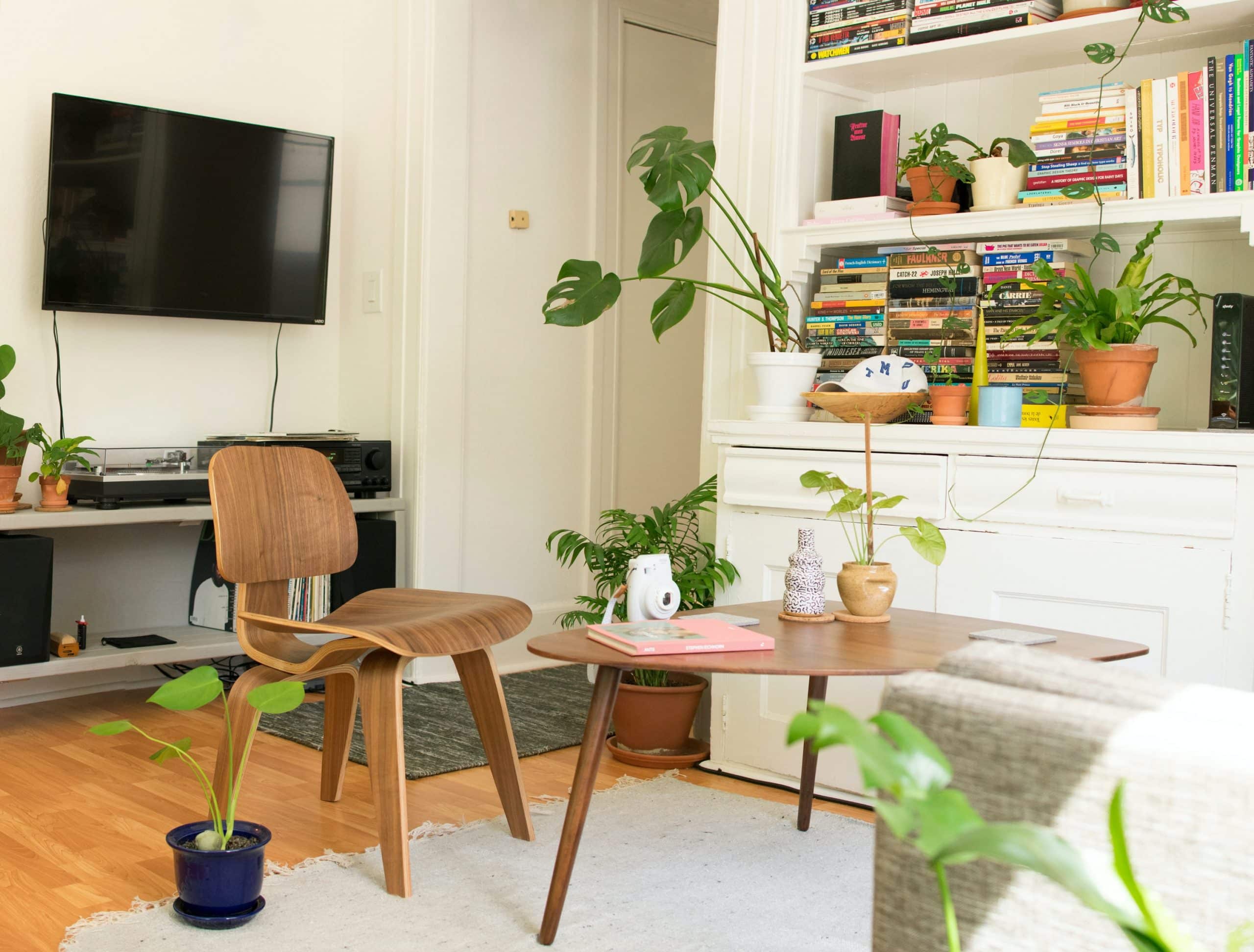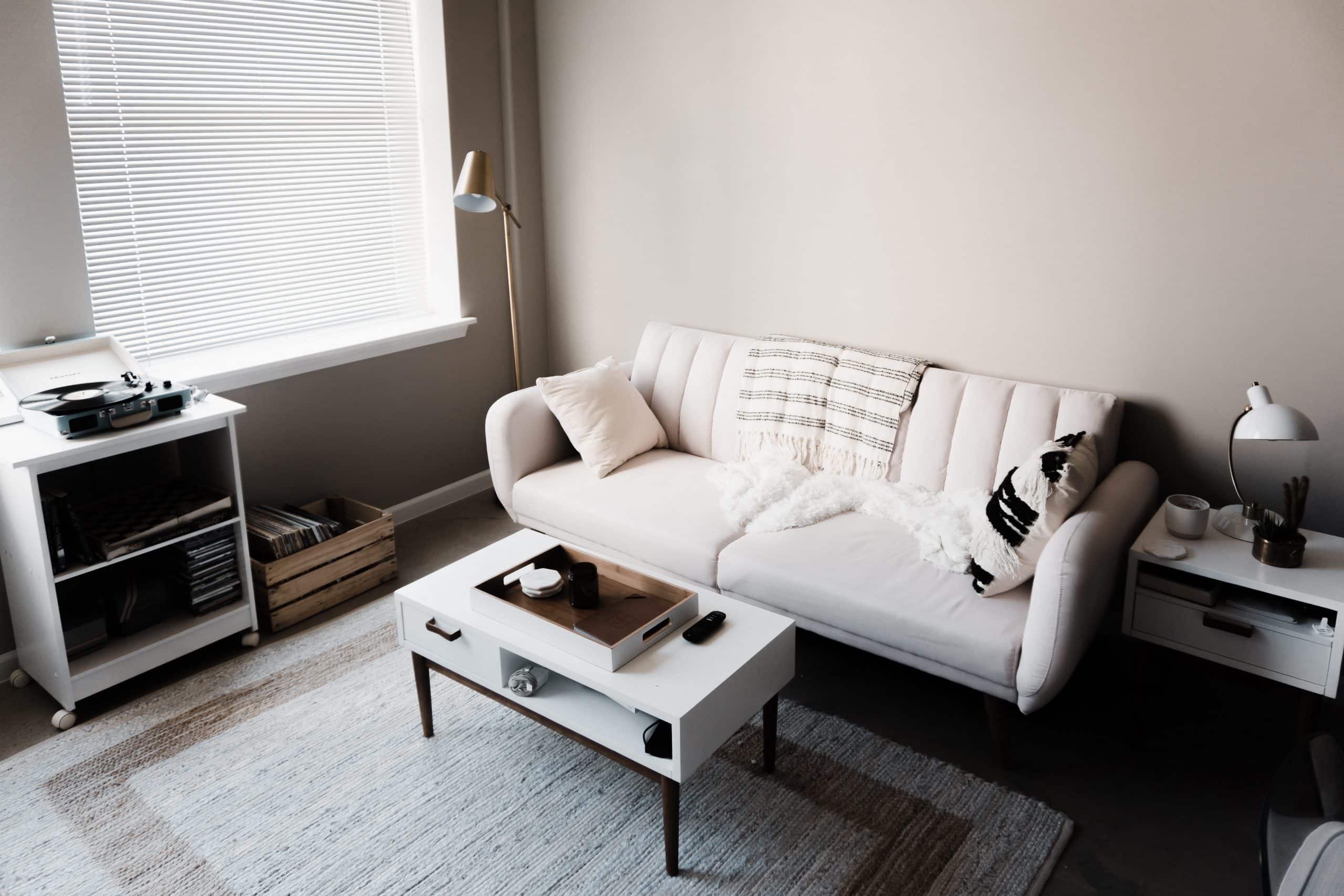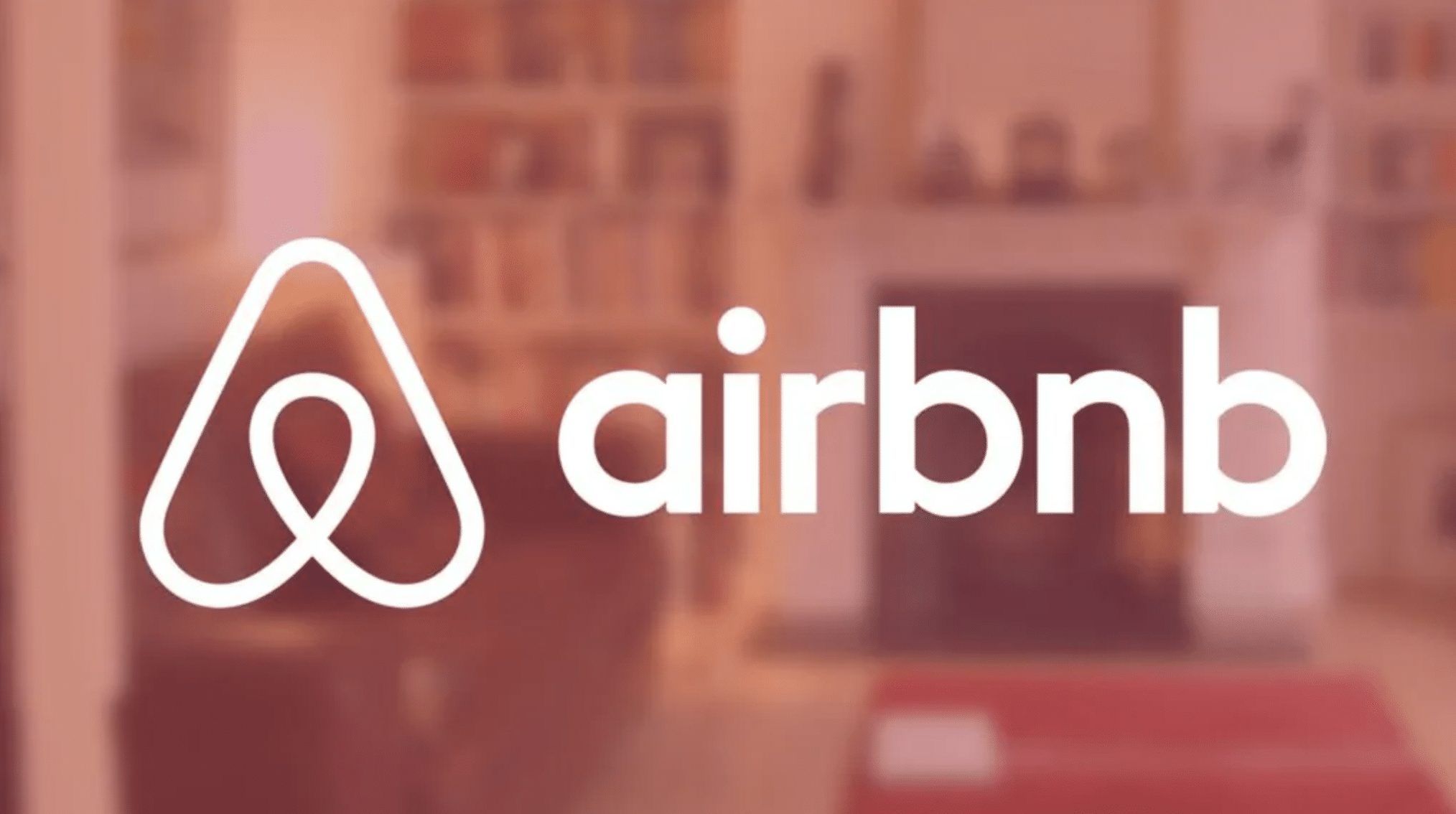When you need to get from A to B, you turn to Uber. Hungry? You open up UberEats or DoorDash and order from your favorite restaurant. The App Store has revolutionized the way we live, no more so than in the world of travel.
And as iOS 14 has proven, Apple can still innovate, as it demonstrated with its new Translate app coming in October, making it easier than ever to have real-time conversations with locals and speak to them in their native tongue.
But it’s third-party developers that utilize the App Store and Apple’s growing consumer base to their full advantage. Airbnb is, without a doubt, one of the biggest success stories. The startup is now thought to be worth around $18 billion, and according to data, each ‘host’ earns around $900 per month, often considerably more than the average monthly rent they could expect to achieve. And that’s what makes Airbnb so controversial in cities and popular tourist hubs.

Landlords and entrepreneurs have increasingly been turning to the platform to boost their income, often buying up blocks of apartments in sought-after locations to sell on the site. In the UK alone, the Airbnb community generates half a billion pounds in economic activity per year, with low-cost, one-night accommodation boosting tourism and driving footfall for nearby shops, restaurants, and attractions. The benefits to consumers are overwhelming – a downtown hotel room might cost you $250 per night, whilst a bedroom on Airbnb can go for as little as $20; more cost-effective than hotels, and the modern alternative to hostels. Add in a rating system, similar to Uber and Lyft, and consumers have total power and control over where they stay and what they pay.
But there are, of course, downsides. One of the biggest is the local housing market. With more than seven million listings across 100,000 cities in 220 countries around the world, Airbnb says it hopes to service one billion guests a year by 2028. But in order to achieve that, it’ll need more rooms. Though the introduction and expansion of Airbnb into towns and cities around the world offers economic benefits for travelers and local businesses, the costs add up for renters and local jurisdictions. Gentrification causes average rents and property values to increase, making it harder for indigenous populations to live comfortably in their cities.

Many, eventually, are pushed out to the suburbs or to neighboring towns and cities in order to survive, and major tourist locations such as Edinburgh and Amsterdam are the biggest victims. Over-tourism in cities impacts house prices and local communities, with landlords withdrawing their properties from the long-term rental market and putting them onto short-term rental sites such as Airbnb.
A study in the United States found that a 1% increase in Airbnb listings can increase rents by 0.018% and house prices by 0.026% which may not seem like a huge amount, but it triggers a creep that eventually increases as demand picks up. Large community groups have formed in protest of Airbnb’s growing dominance, with Airbnbhell telling the stories of local citizens who have been affected by the rise of the platform.
From wild parties and excessive noise through to pollution, trashed homes, and scams, the “ugly side” of the platform is increasingly rearing its head, regularly making the news. Some authorities are even implementing regulation to mitigate the impact of short-term rentals, with London Mayor Sadiq Khan calling for a registration scheme. London already has a 90-nights-per-year cap on short-term rentals, but the policy is virtually impossible to enforce, with most Airbnb hosts offering accommodation year-round.

Not content with its platform growth and gentrification, Airbnb has since moved into the hospitality industry itself, working with developers to turn commercial properties into “urban lodging,” taking ownership of properties to offer users an enveloped service.
The company now has Airbnb-branded premises in New York, Miami, Austin, Orlando, and Nashville. One of its locations includes 412 condos and 192 hotel rooms, taking business away from hosts who have made its platform what it is today. The long-term intentions remain to be seen, but a model centered around branded lodging will no doubt increase profitability and make the organization more attractive to potential investors.
Are you an Airbnb fan? Let us know and check back soon for more.







